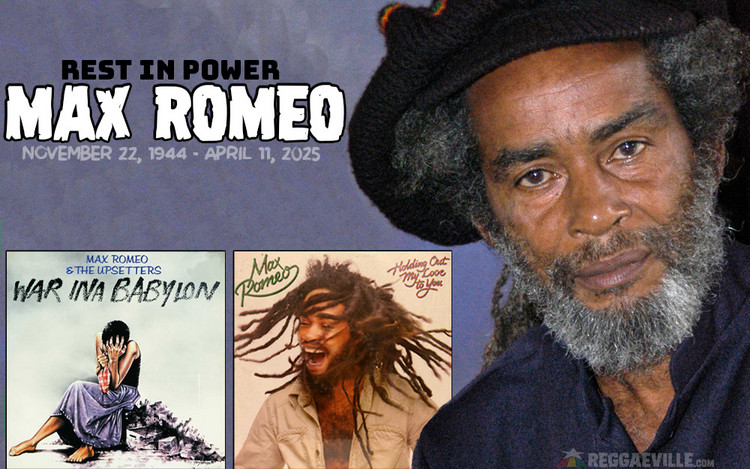Natiruts ADD

The band was born in Brasilia under the name Nativus. Alexandre Carlo, who was a student at the time created it in 1996.
It first appeared in the university circuit of the Federal Capital and got distinguished from the local scene, until the opportunity to record the first CD occurred in Rio de Janeiro. From that point on, the history of the band went through pathways that the very members never dreamed of crossing.
Currently with nine CDs and four DVDs released, Natiruts has a successful history that can be told from their discography. That is what we are doing next, going through all the band's albums and remembering all the songs that were among the hits I Brazil's radios and that are in the heads and the hearts of everyone. The record that had the old name of the band, Nativus, was released in 1997 independently.
Three tracks opened the doors to the phonographic Market, and got the group to be known across the country: "Liberdade Pra Dentro da Cabeça" (Freedom inside the mind), "Deixa o Menino Jogar" (Let the boy play), and "Presente de um Beija-Flor" (Gift from a hummingbird). EMI Records was interested in the album and released the reggae band from the Cerrado (Brazilian mainland) on a national level with full power. The outcome: it sold so much that it reached the platinum record, and along came the first tours from North to South. In 1999 – already called Natiruts – the band released the album Povo Brasileiro (Brazilian People), which came to confirm the band would not be a fleeting success. The production was performed by Liminha, and once more Natiruts managed to place hits among the songs that payed the most in Brazilian radio stations. Hits like "Eu e Ela" (Me and Her), "O Carcará e a Rosa" (Southern carcara and the rose), "Meu Reggae é Roots" (My reggae is roots) became a huge success and the album was awarded the Gold Record. In 2001, legendary Tom Capone produced the Verbalize album. The title track, as well as the hit "Andei Só" (I walked alone), made the top hits in Brazilian radio stations for a long time. That album also led to the first concerts abroad.
Another album produced by Tom Capone and that sold as well as the previous one, Quatro (Four), from 2002, was the milestone for Natiruts fans. The aesthetics and the harmony of reggae roots added to elements of the Brazilian pop music have marked the musical identity of the band. "Bob Falou" (Bob has spoken), "Naticongo", and "Leve com Você" (Take it with you) were the greatest hits. In 2005, the band has terminated the contract with EMI and became independent again. The Jamaican underground culture was cherished in the album Nossa Missão (Our mission), that brought the dub sound. Production was carried out by Alexandre Carlo himself, singer and main composer of Natiruts. And even without a great record label backing it up, the track "Quero Ser Feliz Também" (In also want to be happy) became the greatest hit in Brazilian radios, and the video clip for "Não Chore Meu Amor" (Don't cry my love), with the participation from Lirinha was a huge success in views.
In order to celebrate the 10 years of Natiruts, in 2006 the band released their first CD and DVD Live, recorded at the Credicard Hall, in São Paulo, Brazil. "Natiruts Reggae Power", the only track that was unheard of from the repertoire, became a national mania, and the hit was awarded the "Gold DVD". The tour for Natiruts Reggae Power was record-braking for audiences both in Brazil and abroad. The album Raçaman (Raceman) was released in 2009, produced once again by Alexandre Carlo and mixed in London by the legendary Mad Professor, one of the greatest representatives of Jamaican dub. Sonority reached the fans' ears in a much more modern fashion. In 2012 the band came back with another live project: the CD and DVD Acoustic in Rio de Janeiro.
That album celebrated 15 years of the band's carrier with a breathtaking registry scenario – Mirante Dona Marta (Dona Marta Observatory) – and was nominated for the Latin Grammy 2013 in the category Best Brazilian Modern Pop Album , ans was awarded the platin DVD. In 2014, the band was steady on the road, going through Brazil, Argentina, Chile, and Portugal with the Acoustic songs. In the same yeat the DVD/CD #NoFilter was released, with live recording that brought the spontaneity of an unprogrammed registry. In 2015, a nice surprise: the famous list from Billboard notified that Natiruts is ahead of Tom Jobim in the list of artists that are more heard abroad. While the foreigners go wild partying with Natiruts, the band prepares to release the DVD and CD Natiruts Reggae Brasil, and to launch a new chapter in Brazilian reggae. In 2016, the band wrote a new chapter in Brazilian Reggae on releasing the DVD and CD Natiruts Reggae Brasil. This work was able to gather in an unprecedented way the stars of Brazilian Reggae and Pop. The unforgettable show took place in Salvador and included: Gilberto Gil, Edson Gomes, Ivete Sangalo, Toni Garrido (Cidade Negra), Saulo Fernandes and DM de Boa, Armandinho, Marcelo Mira (Alma Djem), Zeider Pires (Planta & Raiz), Hélio Bentes (Ponto de Equilíbrio), Tati Portellla and Sander Fróis (Chimarruts), Duda Diamba, Marceleza (Maskavo), Edu Ribeiro and Sine Calmon. All these artists gathered to sing a repertoire that tells the history of made in Brazil reggae. In 2017, the seventh studio album, Índigo Cristal, was released on the 4th of August, the same period that the band began a huge tour around Latin America. The most recent tour was sold-out and went through Chile, Uruguay, Argentina, Mexico and Paraguay. Now, it goes around Brazil.









